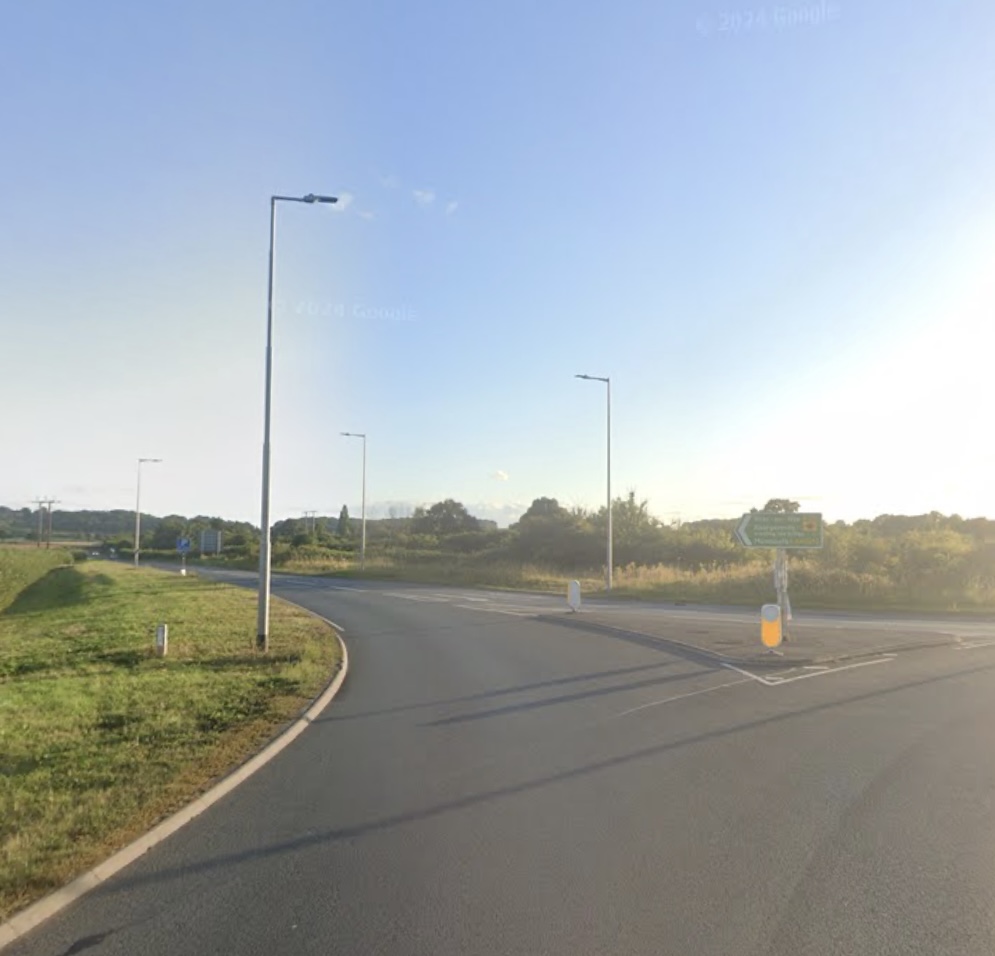The TUC has set out its roadmap to a £15 an hour minimum wage and a high wage economy – declaring “it’s time to put an end to low-pay Britain”.
In a report published today (Tuesday), the TUC details the path to a £15 minimum wage and calls on the government to work with the Low Pay Commission (LPC) to deliver it as soon as possible, over time.
According to the union body, to get to a £15 minimum wage the government needs to:
- End the longest, harshest squeeze on UK living standards and deliver workers their fair share of the wealth they create.
- Set a new minimum wage target at 75 per cent of median hourly pay.
- Return the UK to “normal wage growth”.
The current minimum wage for those 23 and over is £9.50 – with lower rates for those who are younger.
The TUC is calling for all workers – regardless of age – to be eligible for the same minimum wage, removing the current lower rates for young workers. The union body says this should be done alongside progress towards a £15 minimum wage.
After years of declining living standards and with the country set for the worst wage growth in the G7, the union body says “it’s time the UK led the world on pay”.
With families facing “a desperate autumn and worse winter”, as part of its package of measures to deal with the cost of living crisis, the TUC is calling for the minimum wage uprating to be brought forward to October – and increased at least by inflation – as opposed to April next year when the uprating was due.
More ambitious target
The TUC says a more ambitious minimum wage target set at 75 per cent of median hourly pay is needed to deliver a £15 an hour minimum wage.
Since the minimum wage was first introduced, its level as a proportion of the median wage has increased over time – starting at 47 per cent in 1999 and now heading to 66 per cent by 2024.
With the 66 per cent target looking “almost certain” to be achieved, the TUC says a more ambitious target of 75 per cent is a “logical next step”.
Minimum wage rises have been delivered consistently without increasing unemployment – in fact, in recent years as the minimum wage has been hiked faster than before, the UK has maintained high levels of employment.
The union body says the LPC should be tasked with charting the exact path to £15 – adding that the model provides “a safe mechanism” for establishing evidence around how high we can push the minimum wage.
Each year the LPC makes a recommendation based on prevailing economic conditions, with an eye on achieving the upcoming target.
The commission assesses any risks and can recommend an “emergency brake” if it believes the target needs to be delayed – but the TUC points out that even through the pandemic, this has not proven necessary.
Pay loss of historic proportions
The UK has faced record levels of wage stagnation with workers experiencing the longest and harshest wage squeeze in modern history – what the TUC calls “pay loss of historic proportions”.
The union body says this is because of an “abject failure” by successive Conservative governments to get pay rising.
A key step to delivering a £15 an hour minimum wage and a high wage economy overall is reversing this “destructive trend” and getting the economy back on track to “normal levels of wage growth”, according to the TUC.
To get to a £15 minimum wage, assuming a new minimum wage target at 75 per cent of the median wage, hourly median pay of approximately £20 an hour would need to be delivered. Median wages are currently £14.85.
The TUC says the next prime minister needs a “real plan” to deliver a high wage economy and should – as “a bare minimum” – return the UK to the wage growth seen between 1997-2009.
The current prime minister Boris Johnson and former chancellor Rishi Sunak together promised a high-wage economy over 20 times.
Average wage growth (before inflation) between 1997 and 2010 was 3.8 per cent a year. It is only since the financial crisis that wage growth has dramatically slowed.
The TUC has set out in its report illustrative pathways to a £15 minimum wage in the coming years.
The union body says the roadmap to a £15 minimum wage should adapt to prevailing economic circumstances.
Action to get wages rising
The TUC is calling on the government to get wages rising with a new approach that puts workers ahead of wealth and promotes decent work.
According to the union body, to get rising wages the government must deliver:
- A plan to strengthen and extend collective bargaining across the economy including introducing fair pay agreements to set minimum pay and conditions across whole sectors.
- A macroeconomic approach which boosts demand and creates growth
- A life-long learning and skills strategy to fill labour shortages, boost productivity and so workers can update their skills throughout their working life
- Corporate governance reform to prioritise long-term sustainable growth, rather than short-term focus on shareholder returns
- Industrial and trade policies to promote good jobs and ensure that businesses compete on a level playing field
- Making decent jobs a requirement of all government spending and procurement.
- A plan to help small businesses shift to a high wage model
TUC General Secretary Frances O’Grady said: “Every worker should be able to afford a decent standard of living.
“But millions of low-paid workers live wage packet to wage packet, struggling to get by – and they are now being pushed to the brink by eye-watering bills and soaring prices.
“For too long workers have been told that businesses can’t afford to pay them more. But again and again the evidence has shown that firms are still making profits and increasing jobs – we can afford higher wages.
“And higher wages are good for the economy – more money in the pockets of working people means more spend on our high streets.
“It’s time to put an end to low-pay Britain. Let’s get wages rising in every corner of the country and get on the pathway to a £15 per hour minimum wage.”
On the need for a real plan for a high wage economy, Frances added: “Ministers promised a high wage economy time and time again, but they need a real plan to deliver it – not just a convenient political slogan.
“After a decade of abject failure by successive Conservative governments to get pay rising, working people face the longest and harshest wage squeeze in modern history
“We can’t keep lurching from crisis to crisis. Working families need long-term financial security – that means reversing the destructive trend of standstill wages.
“Ministers should introduce fair pay agreements to get pay and productivity rising in low-paid sectors.
“They should promote decent work above shareholder interests. And they should invest in good jobs in every corner of the country.
“That’s how you boost pay packets and put the Britain on a direct path to a £15 minimum wage.”




